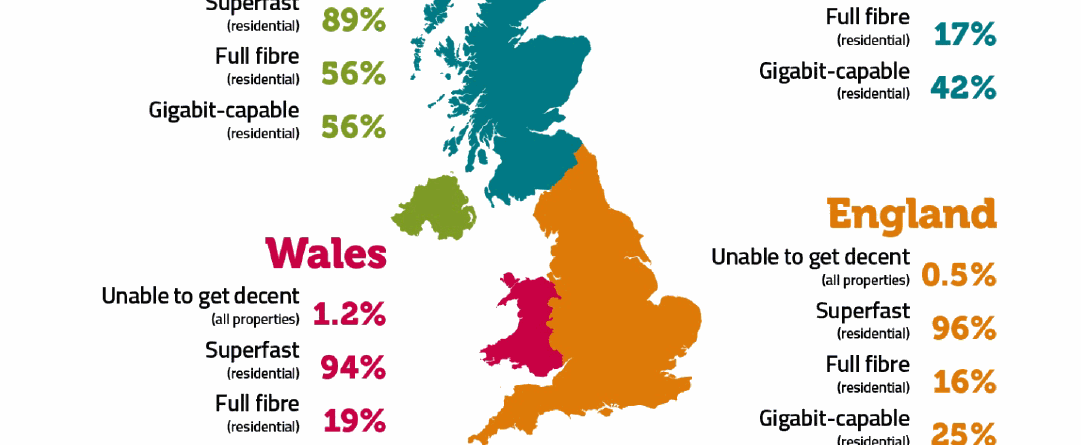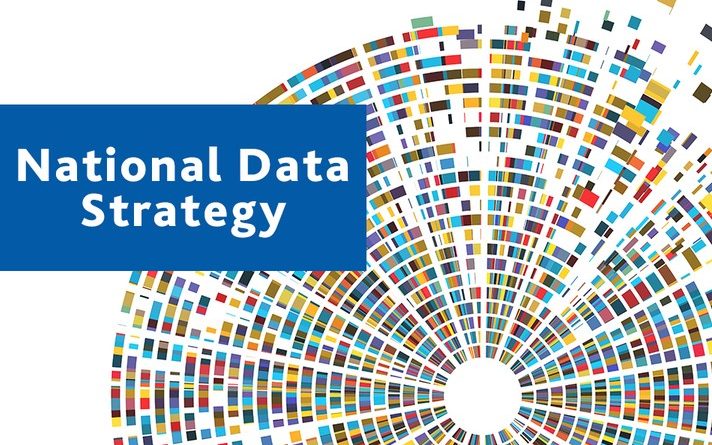Ofcom Connected Nations and infrastructure reports 2020
This year’s Connection Nations Report states that despite the high demand throughout the pandemic leading to significant changes to the use of their services, the fixed and mobile networks have coped well. A shift to more people being at home drove increased demand on daytime home broadband traffic, and mobile networks saw record numbers of calls made during the first UK-wide lockdown. Both broadband and mobile services have remained resilient as networks put in place measures to manage the extra demand.









